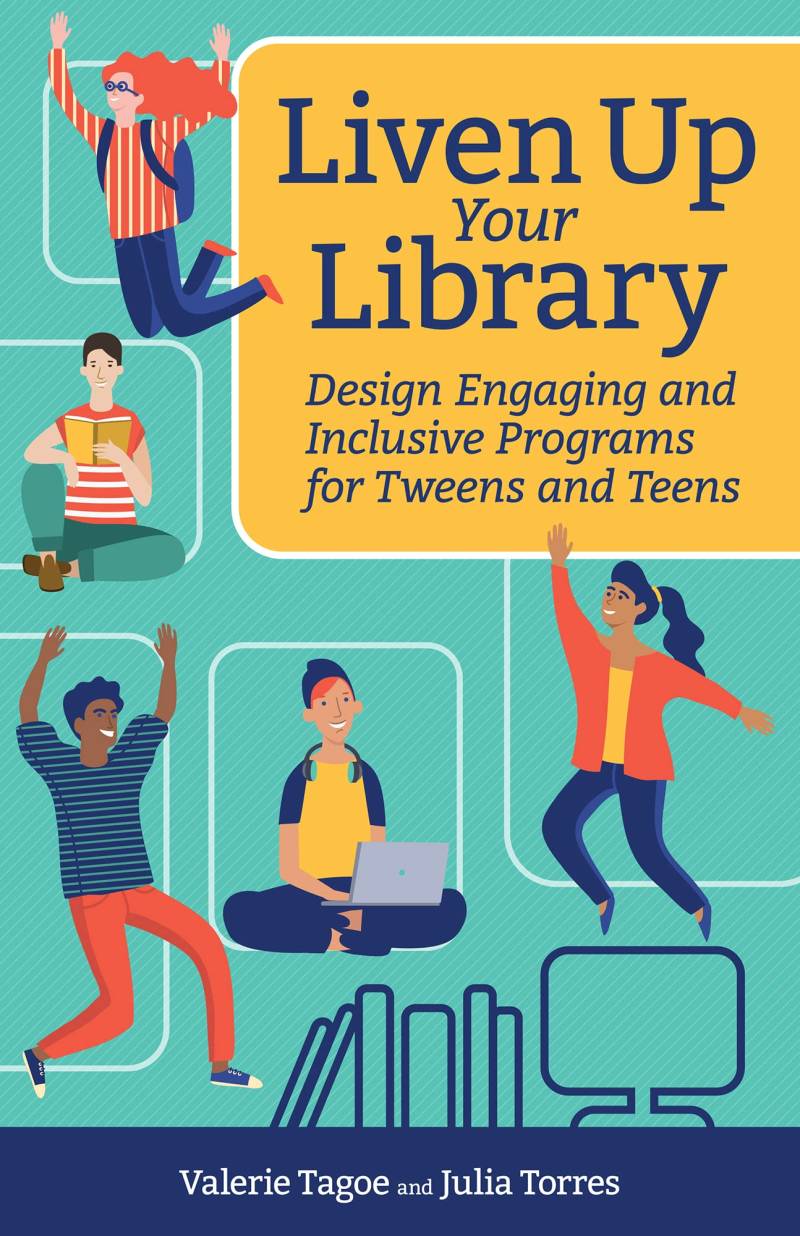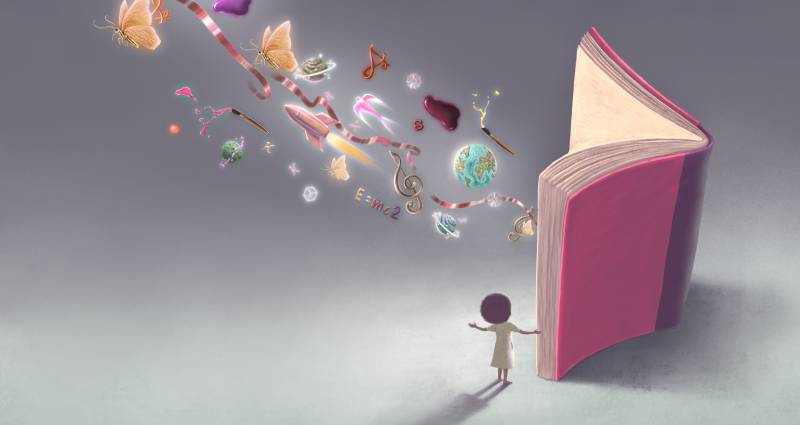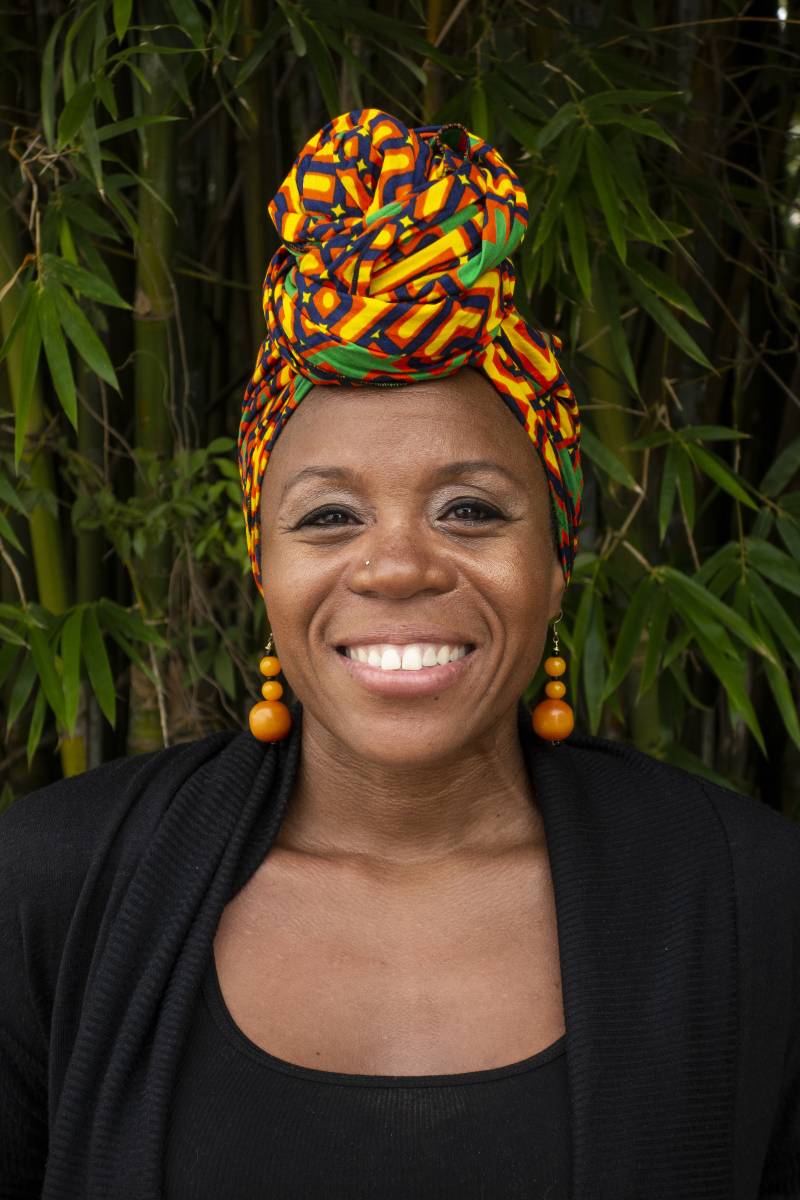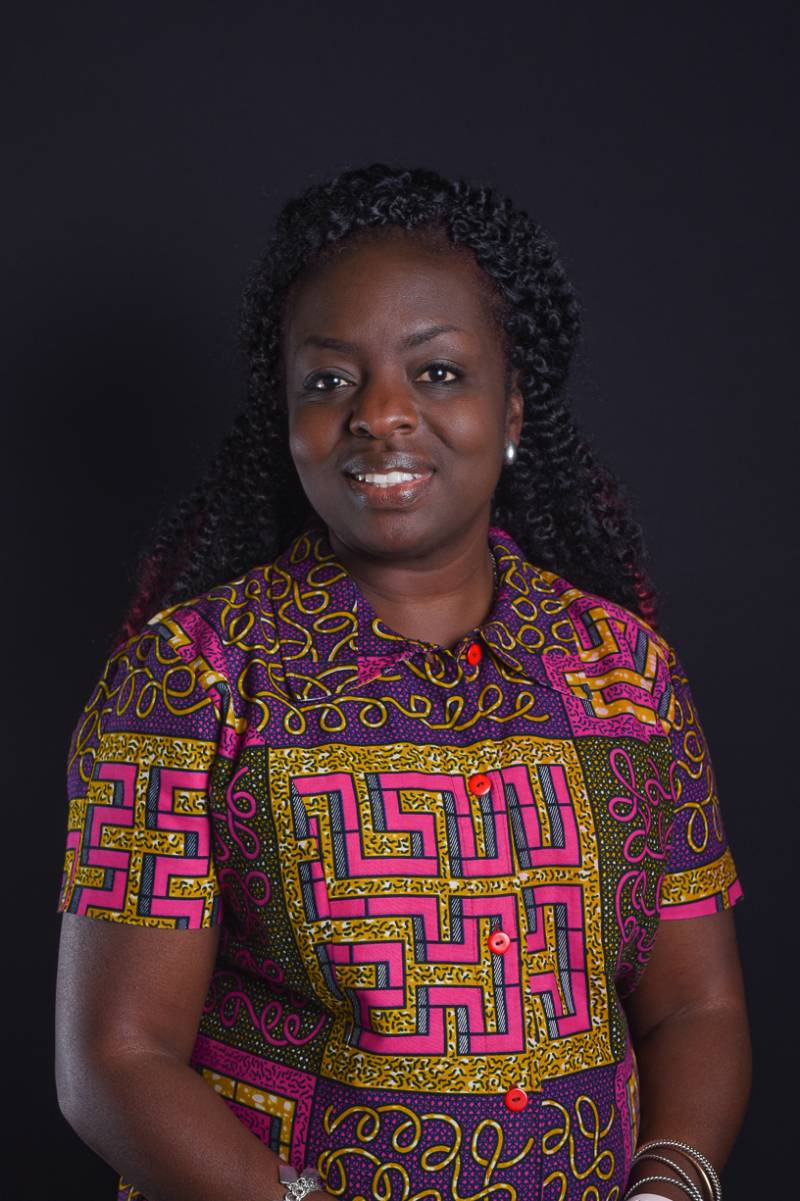Excerpted from “Liven Up Your Library: Design Engaging and Inclusive Programs for Tweens and Teens” by Julia Torres and Valerie Tagoe. Published by ISTE.
A Space for Building Community
When we think about the school library as a place where reading communities begin and are nurtured, we have to remember that a school is a place where many students do not inherently feel welcome. Historically speaking, school systems have been an instrumental part of systems of colonization and indoctrination. In Ngũgĩ wa Thiong’o’s famous essay “Decolonising the Mind” (1986), we learn that students have been socialized to shame one another for speaking Kikuyu, their mother tongue. The tendency to demonize the unique parts of us that make us individuals, and to praise or reward the parts of people that demonstrate their assimilation with the dominant culture is pervasive throughout all of humankind. From Japan, which kept its borders closed to visitors from the West (until the arrival of Commodore Perry in 1853), all the way to the Hawaiian Islands, whose indigenous population was decimated with the arrival of colonizers and smallpox in 1778, education has been used to dominate and subjugate throughout human history.
So what can we do to transform our educational system from one of subjugation and assimilation to one where everyone is truly welcome, a system based upon precepts of liberation and freedom?
Culturally Relevant Librarianship
 The idea of culturally relevant librarianship is a natural outgrowth of culturally responsive education. Many have written and taught about culturally relevant pedagogy, or CRP (not to be confused with CRT) and it is the child of what began as multicultural education. When we think about culturally relevant librarianship, we have to consider that librarianship is in essence the curation, preservation, and dissemination of information and story. We must also remember that historically, information and stories have been the record of those who considered themselves to be the winners, the conquerors in societies the world over.
The idea of culturally relevant librarianship is a natural outgrowth of culturally responsive education. Many have written and taught about culturally relevant pedagogy, or CRP (not to be confused with CRT) and it is the child of what began as multicultural education. When we think about culturally relevant librarianship, we have to consider that librarianship is in essence the curation, preservation, and dissemination of information and story. We must also remember that historically, information and stories have been the record of those who considered themselves to be the winners, the conquerors in societies the world over.
In modern times, what we call CRP was coined by Gloria Ladson-Billings as a way in which we remain responsive to and aware of the need of all children to have an experience (in library and classroom environments) that is empowering, restorative, and validating.



 Julia E. Torres
Julia E. Torres